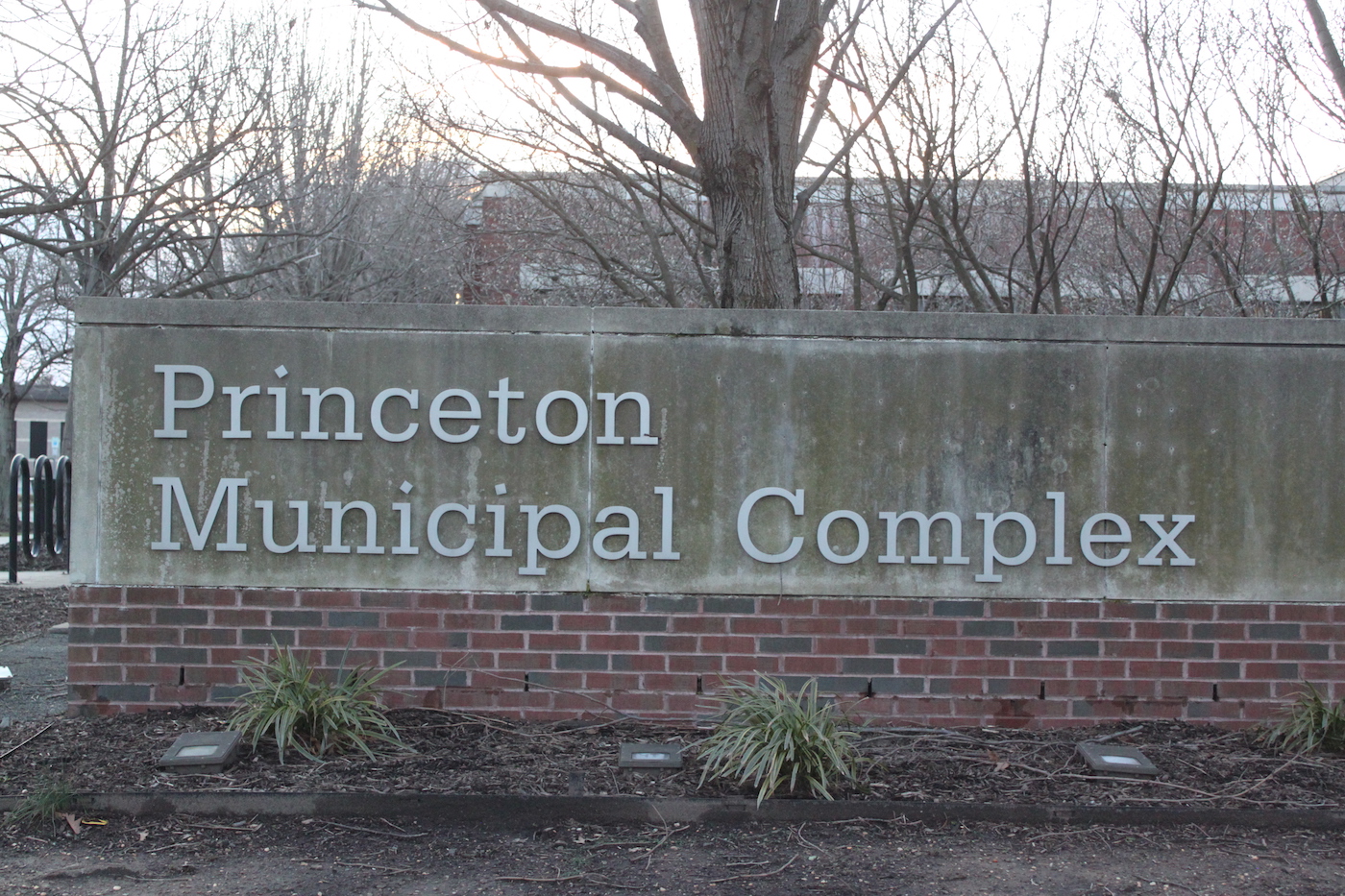The Princeton Permit Parking Task Force is picking up where it left off eight months ago, following a COVID-19-induced hiatus.
The task force seeks to bring uniformity to the differing parking regulations that had applied to the former Princeton Borough and the former Princeton Township. The towns merged in 2013 to create the Municipality of Princeton.
Formed last year, the task force, to date, has analyzed the existing parking permit system and hosted a community-wide meeting in the Witherspoon-Jackson neighborhood. The neighborhood is bordered by Witherspoon Street, John Street, Green Street and Birch Avenue.
The Witherspoon-Jackson neighborhood is being eyed by the task force for a short-term pilot program to test possible parking solutions, because that is where most of the parking complaints originate. It is close to Nassau Street and the Central Business District.
The task force wants to address the parking needs of residents, employers and visitors alike. The priority is the residents, but the businesses – which contribute to a “vibrant community” – also need to be accommodated, said Princeton Councilwoman Leticia Fraga. She also chairs the task force.
“The task force has already done a lot of research, including legwork – boots on the ground,” Fraga told the Princeton Council at its Oct. 19 meeting.
The task force has collected data, including the number of parking permits issued by the Municipal Clerk’s Office and the number of parking spaces available in the Witherspoon-Jackson neighborhood.
Information on the number of parking spaces in the so-called “tree streets” – Chestnut, Pine and Spruce streets, and Linden Lane – and on Bank Street, off Nassau Street, near University Place – also has been collected.
Task force members took note of the homes that lack driveways for off-street parking, and the homes that have restricted driveways – all steps taken with the goal of developing a pilot parking permit program, Fraga said.
The next step, Fraga said, is to hold community-wide meetings in the tree streets neighborhood and the Bank Street neighborhood for residents and business owners. There are businesses, primarily restaurants, that line Nassau Street between Chestnut Street and Linden Lane.
“Once we do that, then we will be ready to draft a proposed pilot program. It would be very short term, not more than three months,” Fraga said.
The pilot program would include the use of license plate recognition technology, she said. A provider has already been identified who has the equipment and who would do it at no cost during the pilot program.
The license plate reader would be “very useful” – specifically, for employee parking permits, she said. It would allow employees to share parking permits, which would be registered. If a business has 24 employees and six of them are working at a time, the permits would be transferred between employees who work different shifts.
“We will come back to the mayor and Princeton Council with a recommendation for a proposed parking permit system (once the pilot program has ended). We would designate the areas and the type of permit,” Fraga said, including the issue of overnight parking.
Restrictions on overnight parking were lifted during the COVID-19 pandemic. The task force may consider whether to lift the overnight parking restrictions altogether, or to allow overnight parking with a permit, she said.
The draft report to Princeton Council would outline a plan for parking permits on select streets and municipally-controlled parking lots. It would include the streets where the permits should be issued, and the type of permit – daytime, nighttime and 24-hour permits.
It would recommend the number of permits to be issued, and who would be eligible to receive one. The proposed fee or rate structure also would be included in the draft report, Fraga said.

